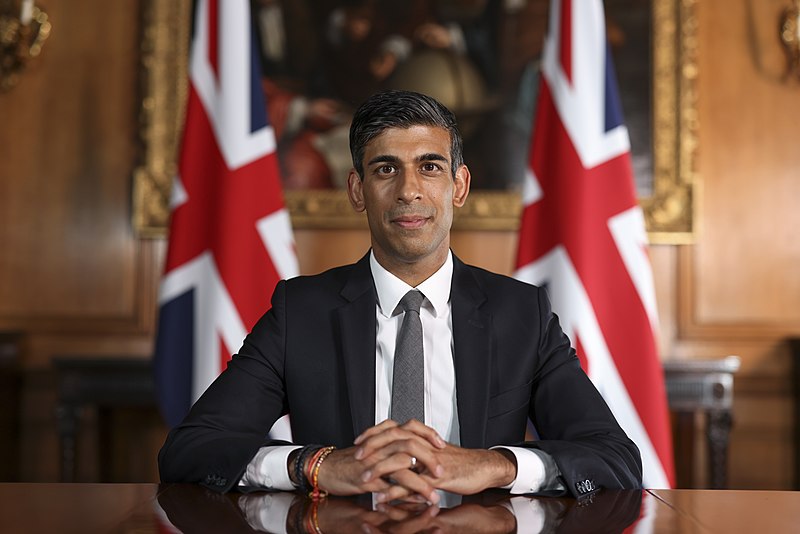
As a proud Member of Parliament for one of the most rural constituencies in our country, I know how tough things have been for our farming communities, not least
with spiralling costs and the transition to new schemes.
So today, as I host the first ever Farm to Fork Summit in Downing Street, I want to thank you on behalf of the whole nation for all that you do. And I want to set out my ambition to change the way we support farming in this country, including by ensuring British farming is at the heart of British trade.
This is something I feel very personally. From the Upper Dales to Great Ayton, from sheep to dairy to arable, through Auction Marts at Hawes, Leyburn and Northallerton, farming touches every part of my constituency. I know that farming is not just a job, but a way of life passed down the generations. You feed the nation, you are the guardians of our precious countryside, and your success is fundamental to our national success.
If we are to stop a repeat of the shortages we saw earlier this year on our shelves, we need food security. So we have got to meet our target to continue producing 60 per cent of the food we consume. And if we want to keep one of those five promises I have made as Prime Minister – namely to grow our economy - we need to grow our food and farming industry on which the welfare of our whole country depends.
International trade is critical to this. When you consider the scale of the opportunities within our grasp as we forge new trade deals around the world, British farming and British produce simply cannot be an afterthought. I know that is how some of you felt in the past.
So building on the approach we took to the CPTPP, I am today setting out our six principles to ensure British farming is at the heart of British trade.
1) Putting agriculture up front. Our trade deals will always consider the full impacts and opportunities of those trade agreements for our domestic agricultural sector.
2) Protecting sensitive sectors. We are prepared to do what is right to protect particularly sensitive sectors, including in Free Trade Agreements, and including, where appropriate, through permanent quotas.
3) Prioritising new export opportunities. Our trade negotiations will deliver new export opportunities for UK food and drink producers to sell more of our world-class produce to growing markets around the world.
4) Protecting UK food standards. Without exception, we will continue to protect food standards in the UK under all existing and future Free Trade agreements. There will be no chlorine-washed chicken and no hormone-treated beef on the UK market. Not now, not ever.
5) Upholding UK production standards. We will seek to advance international co-operation on animal welfare and to promote high welfare standards. Production methods such as sow stalls and battery cages are not permitted in the UK. We will safeguard our ability to maintain high environmental, animal welfare and food standards in new trade agreements.
6) Removing market access barriers. We will ensure UK farmers and producers can access new markets by removing barriers outside of Free Trade Agreements – building on recent successes such as the lifting of the long-standing US ban on British lamb.
Finally, we will also do everything possible to support you, and all our food and drink producers, to take advantage of the opportunities that come from applying these principles.
We will work with the Food and Drink Export Council to capitalise fully on the ever-growing global demand for UK products, including maximising the opportunities from those deals already in place. We will invest an additional £2 million to strengthen our presence at major trade shows, especially in the transpacific region. We will increase the number of UK agriculture attachés to help us reach new markets, in addition to the over 100 staff we already have supporting Great British agriculture, food and drink to export overseas.
We will also create a £1 million programme to support our dairy sector to export. This will mirror the £1 million Seafood Exports Package, which will continue for another three years with a further £1 million funding, building on our wider £100 million investment in infrastructure and skills to support our seafood industry.
By backing British farming in this way, we can enable the whole world to feast on the very best of British, while creating new jobs, growing our economy, and delivering the food security we need. Photo by Simon Dawson / No 10 Downing Street, Wikimedia commons.







































